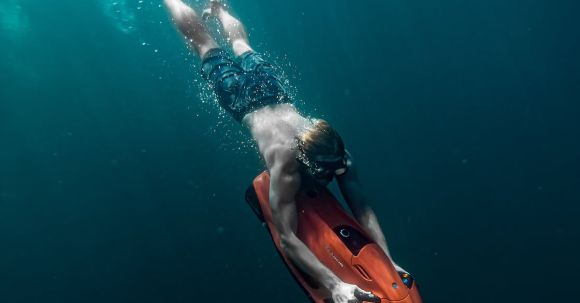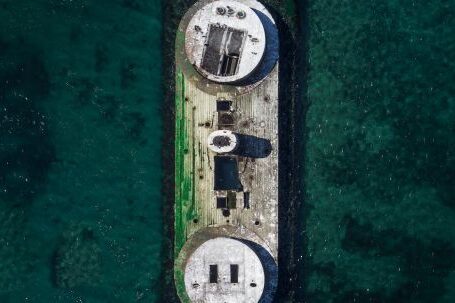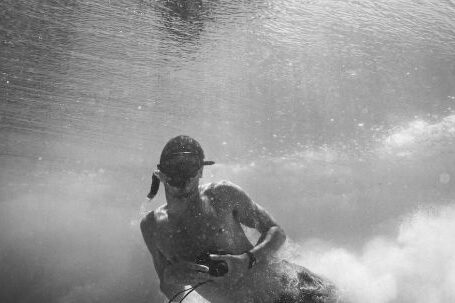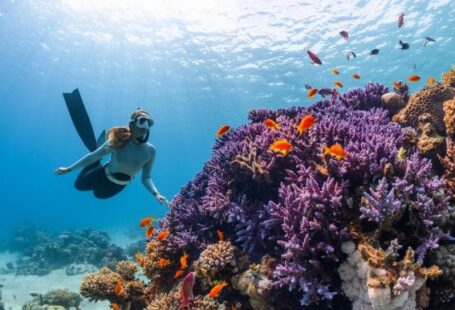Diving is an exhilarating experience that allows us to explore the wonders of the deep sea. However, it is important to remember that diving can also be a dangerous activity if not done with caution. To ensure a safe and enjoyable dive, here are some essential safety tips that every diver should keep in mind.
Equipment Check: A Diver’s Best Friend
Before diving, it is crucial to thoroughly inspect and test your diving equipment. Check the air supply, regulator, buoyancy control device (BCD), and dive computer for any signs of damage or malfunction. Make sure all connections are secure and that the equipment is properly fitted. A well-maintained and functioning gear is a diver’s best friend underwater.
Buddy System: Safety in Numbers
Always dive with a buddy. The buddy system is a fundamental rule in scuba diving, as having someone by your side provides an extra layer of safety. Your buddy can assist you in case of an emergency, help you navigate underwater, and share the overall diving experience. Remember to establish clear communication signals with your buddy before descending into the depths.
Plan Your Dive, Dive Your Plan
Before every dive, it is essential to plan your dive and dive your plan. This means carefully reviewing the dive site, assessing the current and weather conditions, and establishing the maximum depth and bottom time. Plan your route and identify any potential hazards or points of interest. Stick to the plan and always monitor your air supply, depth, and time underwater.
Equalize Early and Often
Equalizing is crucial to prevent barotrauma, a condition caused by the pressure difference between the air spaces in our body and the surrounding water. To equalize, pinch your nose and gently blow through it while descending. Remember to equalize early and often, as waiting too long can result in painful and potentially serious ear injuries.
Maintain Proper Buoyancy Control
Proper buoyancy control is essential for safe and comfortable diving. Practice maintaining neutral buoyancy by making small adjustments with your BCD and breathing. Avoid rapid ascents or descents, as they can lead to decompression sickness. Maintain a slow and controlled ascent rate, and always perform a safety stop at 5 meters for at least 3 minutes to off-gas any excess nitrogen.
Monitor Your Air Supply
Always keep a close eye on your air supply gauge. As a general rule, ascend with at least 50 bar or 500 psi remaining in your tank. This will give you a safety margin in case of any unexpected delays or emergencies. Remember to breathe slowly and deeply, as rapid breathing can deplete your air supply faster.
Stay Hydrated and Avoid Alcohol
Proper hydration is essential for diving. Dehydration can increase your risk of decompression sickness and impair your judgment and reaction time underwater. Drink plenty of water before and after your dives, and avoid consuming alcohol before diving, as it can impair your cognitive and motor skills.
Be Mindful of Marine Life and the Environment
Respect the marine life and the environment that you are exploring. Avoid touching or disturbing coral reefs, marine animals, or any underwater structures. Be mindful of your fins and body positioning to prevent accidental damage. Leave nothing but bubbles and take only memories, photographs, and trash that you find underwater.
Dive with Confidence
By following these essential safety tips, you can dive with confidence and enjoy the breathtaking beauty that lies beneath the surface. Remember to always prioritize safety, adhere to the buddy system, and maintain proper equipment and buoyancy control. With the right preparation and mindset, you can have a safe and unforgettable diving experience. So dive in, explore, and embrace the wonders of the underwater world!





